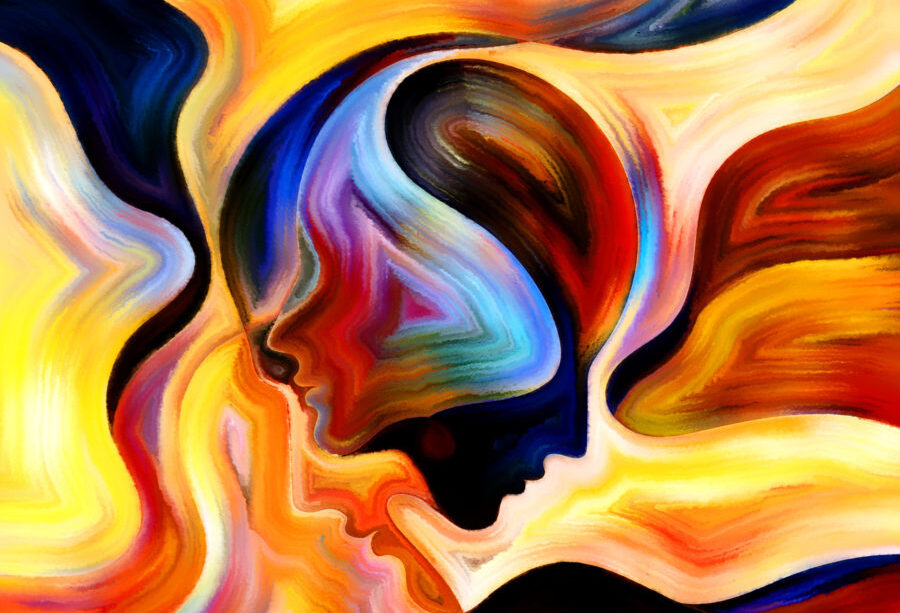Many people think of drugs like LSD (“acid”) and hallucinogenic mushrooms (“shrooms”) as drugs used by peace loving hippies who want to take a “trip” and escape reality. But what about psychedelic drugs being used in microdoses as a treatment for mental health conditions? Is this the wave of the future?
What are psychedelic drugs?
According to Harvard University, psychedelic drugs affect serotonin, which helps cells communicate within the body. Serotonin has a reputation for being a happy hormone, but it’s also associated with eating, sleeping, regulating body temperature, memory, cognition and more. There is a common class of antidepressant medications called Selective Serotonin Reuptake Inhibitors (SSRIs) that work to combat depression by increasing the levels of serotonin in the brain.
While our parents taught us to “say no to drugs,” our doctors may soon tell us differently.
What is microdosing?
In recent years, researchers have begun studying psychedelics in smaller doses called “microdosing” as a potential therapy for several health conditions. These studies take a very small dose given to subjects over a course of several days or weeks to study the effects on mood, behavior and more. Third Wave, a Public Benefit Corporation established to report on scientific research on the use of psychedelics, reports that a microdose of LSD or psilocybin mushrooms typically does not produce the same hallucinogenic properties of a “standard” dose. Microdosing does not cause the user to notice any immediate or obvious changes to cognition or behavior. Third Wave says that a microdose of LSD is approximately 1/16 to 1/5 of a single tablet.
The body of research is growing but results are promising. Ongoing studies include using microdosing to treat a wide variety of conditions. There is some research that points to microdosing reducing inflammation within the body, which could have implications for a multitude of conditions. Current studies are investigating the effect on wellbeing, mood, anxiety, depression, creativity, productivity, cognitive function flexibility, adult attention deficit hyperactivity disorder (ADHD), bipolar disorder, addiction, chronic inflammation and Alzheimer’s Disease.
What are the risks?
While psychedelics may be the wave of the future for some, it is not without risks. Harvard University reports that some study participants have reported negative side effects including difficulty sleeping, overstimulation, migraines, anxiety and physical discomfort. Research has not yet determined if this is due to dosing, schedule, type of drug taken or individual biochemistry. While psychedelic drugs taken in small doses may eventually be a common treatment, it’s still too soon to know all of the possible benefits and risks. Experts advise against self-medicating with psychedelics due to potential complications.
According to the Drug Policy Alliance, LSD and psilocybin are classified as Schedule I drugs in the United States, meaning that it is illegal to manufacture, buy, possess, process or distribute without a license from the Drug Enforcement Administration (DEA). This designation also means that currently it is not an accepted medical treatment. A few localities have decriminalized psilocybin mushrooms, but they are still illegal in most cities. While these drugs may be available eventually to treat certain conditions, currently they could come with drug charges and unexpected side effects. Steer clear until they become mainstream to avoid unintended consequences!
Related articles
Ho’oponopono: An Ancient Hawaiian Path to Forgiveness
Say Aloha to Hula Hoop Fitness
Breaking Down the Bowl: Choosing a Healthy Cereal

